Over 1,000 Kenyan Doctors on Strike, Leaving Patients Without Care
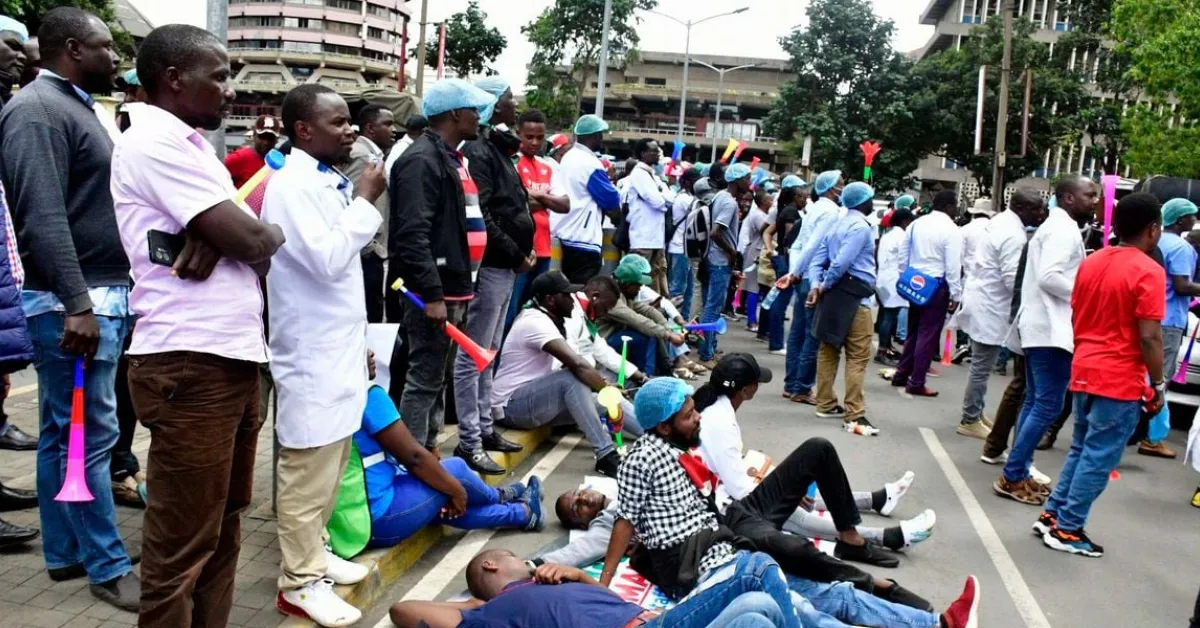
Kenya's healthcare sector is teetering on the brink as an escalating strike involving over 1,000 doctors from Marsabit, Kakamega, and Kiambu counties disrupts essential medical services, leaving thousands of patients without critical care.
The ongoing labour action has severely impacted vulnerable populations, including expectant mothers, children with acute illnesses, and individuals managing chronic conditions, exacerbating an already strained public healthcare system. In Kakamega County, medical services have been critically scarce for the past four weeks due to the withdrawal of doctor’s services. Marsabit and Kiambu counties have recently joined the protest, deepening the crisis further. Hospital administrators and medical staff report being unable to provide necessary treatment, forcing patients to seek alternatives in private facilities or neighbouring counties, compounding existing challenges.
The Kenya Medical Practitioners, Pharmacists and Dentists Union (KMPDU) has attributed the strike to unresolved grievances, including erratic transfers, persistent salary delays, and excessive workloads that has affected the mental health of medical professionals. The union asserts that the difficult conditions have led to an increase in mental health crises, financial struggles, declining morale, substance abuse, resignations, and suicides among healthcare workers. Despite issuing a strike notice on May 5th and engaging county governments in discussions, the KMPDU claims that their concerns have not been adequately addressed.
Kiambu County is at the centre of the ongoing dispute, with healthcare workers facing prolonged salary delays that have created widespread distress. KMPDU's internal salary tracker reveals significant irregularities. January salaries were received in mid-February, with subsequent monthly payments delayed by weeks. According to Dr. James Maina Githinji, chairperson of the union's Central Branch, doctors in the county also face uncertainty due to frequent, unscheduled transfers.
Official transfer policies require doctors moving more than 40 kilometres to receive one month's salary in advance, while those relocating shorter distances should receive a baggage allowance.
However, these provisions are allegedly being ignored, fueling suspicions of financial misappropriation. Many doctors remain unaware of their entitlement to these allowances, hindering their ability to demand them. Understaffing has intensified the pressure on healthcare professionals. Reports from Kiambu indicate that hospitals once staffed with 17 doctors now operate with only two, placing undue strain on remaining personnel and stretching resources beyond capacity. The crisis has forced highly specialised doctors to undertake tasks typically assigned to junior practitioners, further depleting the system’s efficiency.
In response to the worsening working conditions, at least ten doctors have resigned from their posts in Kiambu this year, further exacerbating the shortage of qualified medical personnel. The situation has also been complicated by the denial of leave for medical professionals seeking further training, hindering their career advancement and compounding the doctor shortage. Plans to establish a neonatal care unit in the county have stalled after paediatricians intending to specialise in neonatology were blocked from advancing their studies.
The impact of these challenges extends beyond the workplace, affecting the personal lives of doctors. The frequent transfers have disrupted family stability, requiring them to relocate their homes and transfer their children to new schools. In some cases, transfer notifications have been informally communicated via WhatsApp, highlighting a lack of formal administrative procedures.
Further, the KMPDU has raised concerns about the stalled promotion of doctors, some of whom have remained in the same positions for as long as eight years. The absence of regular promotions has impeded salary increments, with annual raises failing to materialise. This stagnation has demoralised many professionals and eroded their confidence in the system. Adding to the chaos, confusion surrounds supervisory roles, with unauthorised individuals assuming positions of authority.
This lack of accountability has aggravated tensions between medical staff and county administrators. Moreover, KMPDU accuses Kiambu County of withholding union dues amounting to Sh7 million for eight months. Dr. Caroline Mwaura, the union’s treasurer, alleges that this financial sabotage is aimed at weakening the organisation that advocates for healthcare workers' welfare. Mwaura emphasises that the union plays a critical role in empowering medical professionals and that any attempt to weaken it jeopardises both workers and patients.

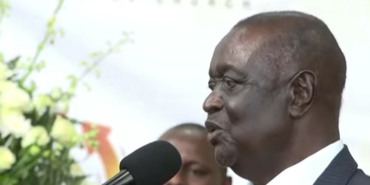

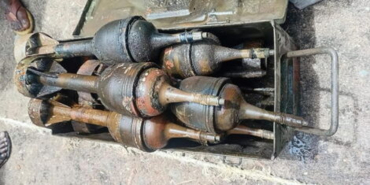
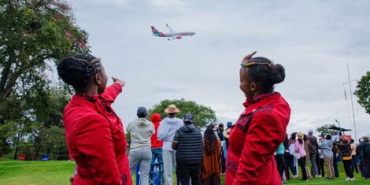



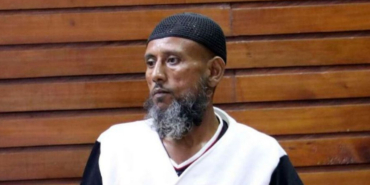
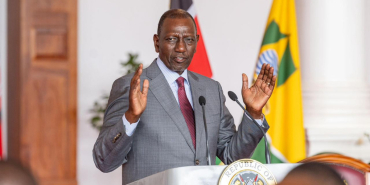




Add new comment